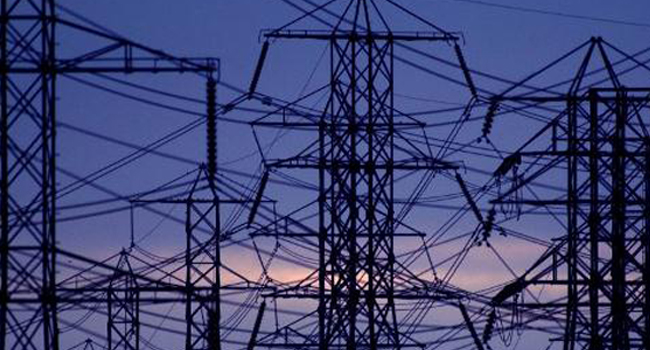Nigeria’s national power grid has collapsed again, marking the 12th of such failure this year. The latest outage occurred on Wednesday, December 11, leaving all grid-connected power plants without electricity generation by 2 PM.
The Independent System Operator (ISO), a division of the Transmission Company of Nigeria (TCN), reported that the grid had been generating an average of 3,087 megawatts at 1 PM before the sudden shutdown.
The Jos Electricity Distribution Company (Disco) confirmed the collapse in a statement:
“The current outage being experienced within our franchise states is a result of loss of power supply from the national grid. The loss of power supply occurred this afternoon at about 1333 hours. We hope to restore normal power supply to our esteemed customers as soon as the grid supply is restored.”
The company assured its customers that efforts were underway to resolve the issue and expressed gratitude for their understanding during the disruption.
This persistent grid instability highlights Nigeria’s enduring energy crisis, which continues to affect millions of homes and businesses across the country. With 12 collapses recorded in 2024 alone, confidence in the reliability of the national grid has eroded further.
Despite various government initiatives aimed at boosting power generation and distribution, systemic problems such as inadequate maintenance, underinvestment, and operational inefficiencies have hindered progress.
Experts have called for comprehensive reforms, including increased privatization of the electricity sector, modernization of infrastructure, and investment in renewable energy solutions. Diversification of the energy mix is seen as essential to reduce dependence on the fragile national grid and ensure a more reliable power supply.
As Nigeria grapples with these recurring failures, the urgency for sustainable and long-term solutions to its power challenges cannot be overstated.



























